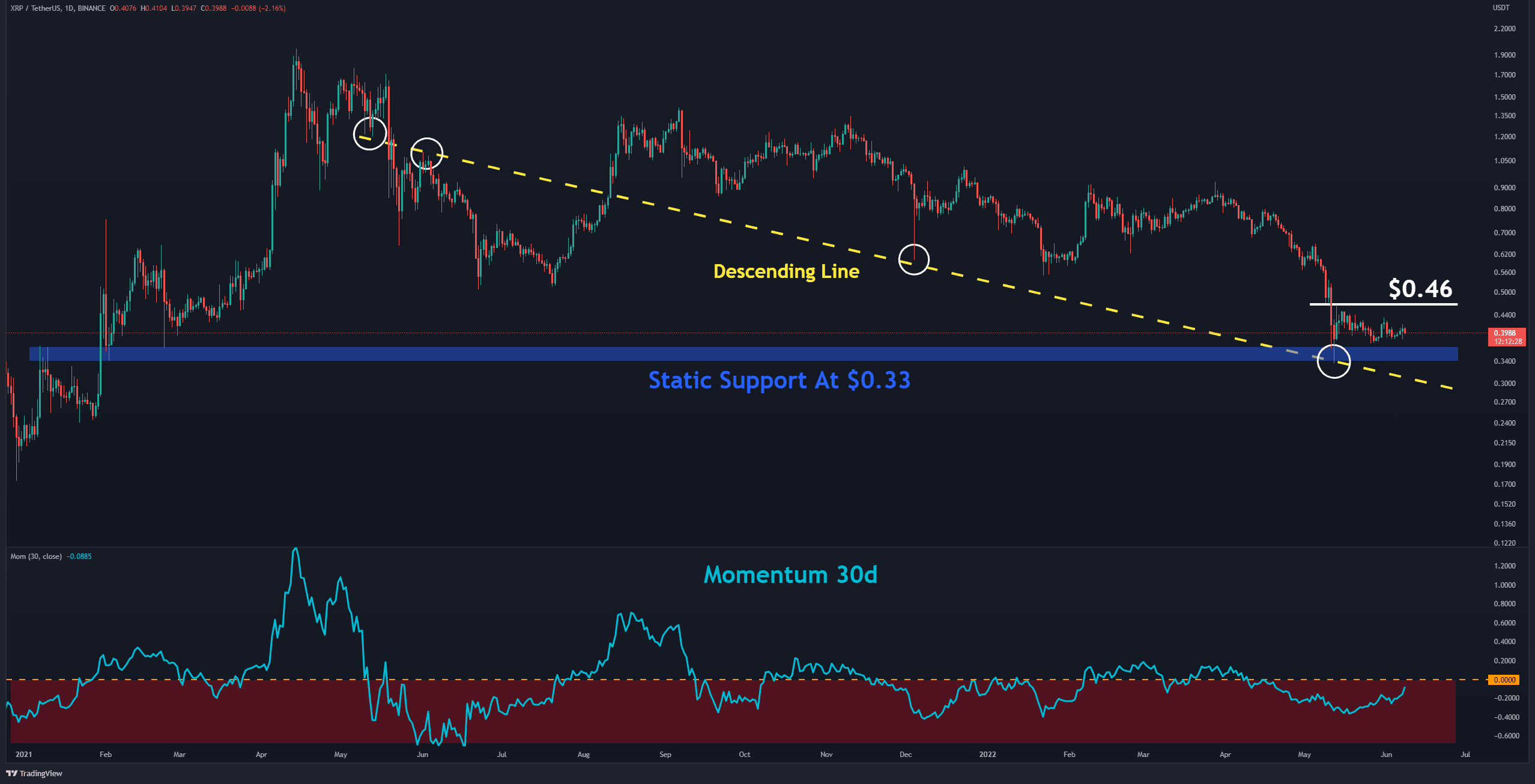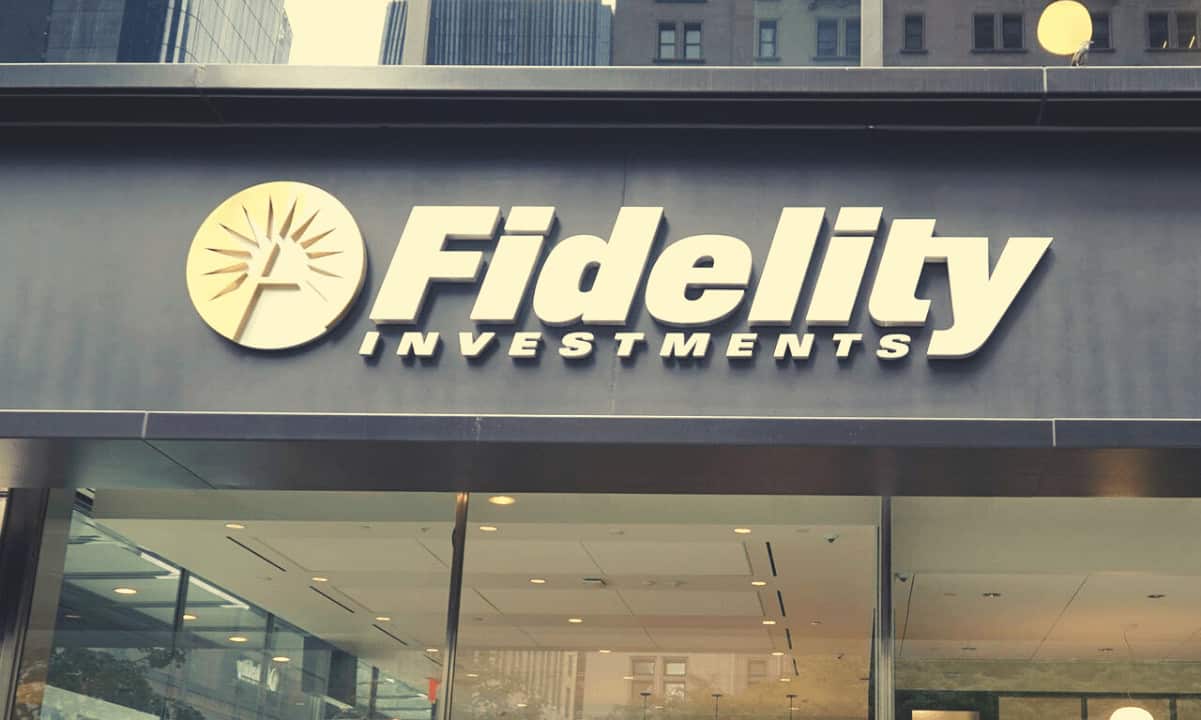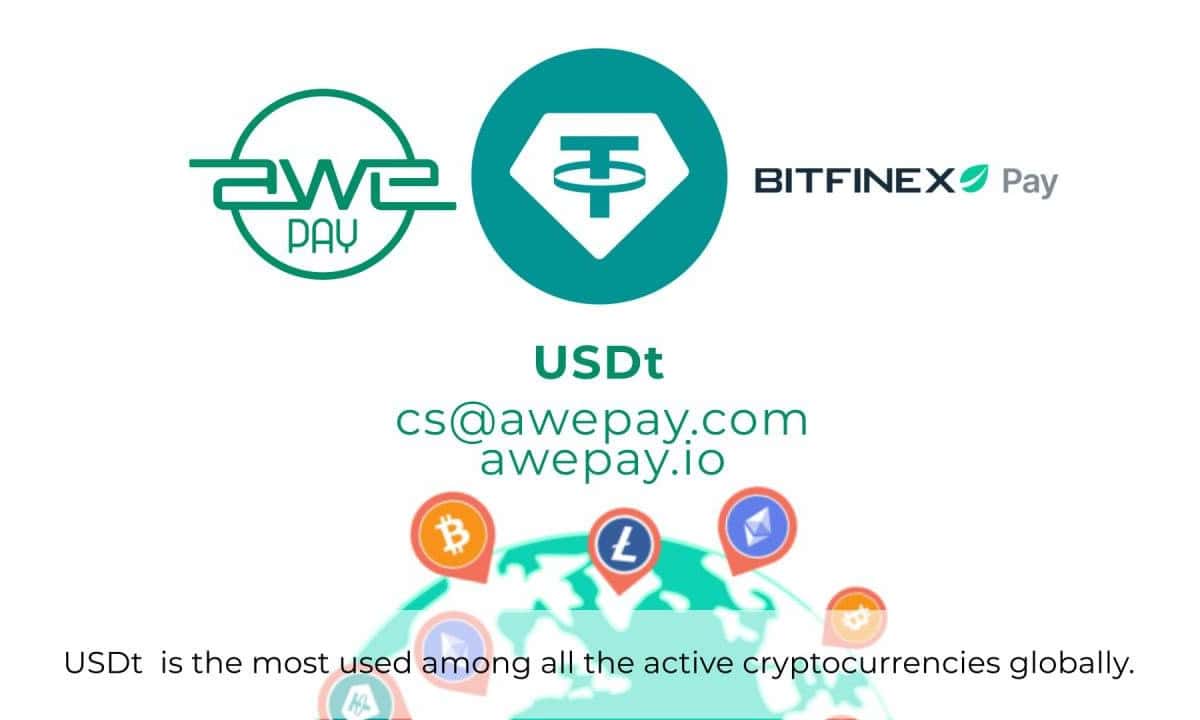Sam Bankman-Fried: “I Never Tried to Commit Fraud”
Former FTX CEO Sam Bankman-Fried (SBF) spoke at length about FTX’s collapse and bankruptcy at the New York Times Dealbrook Summit on Wednesday.
The former billionaire defended himself from accusations of fraud, and claimed that FTX’s troubles stemmed from an accounting error.
Sam Bankman-Fried on Alameda’s Leverage
Bankman-Fried’s interviewer began by asking whether the ex-CEO whether FTX had truly collapsed to an accounting mistake (as claimed by SBF on Twitter) or whether he had committed a “massive fraud.”
“I didn’t ever try to commit fraud on anyone,” he said. “I was shocked by what happened this month.”
Sorkin read SBF a letter from a former FTX customer alleging that he had lost his $2 million in life savings within the now-defunct exchange. Like many, the customer suspected that FTX had loaned his funds to Alameda Research, a trading desk with deep ties to FTX and Bankman-Fried.
Bankman-Fried explained that Alameda Research had more open leverage than he realized – particularly using FTT tokens as collateral.
When the token collapsed by 90% earlier in the month, the trading desk’s margin positions were cleared on FTX Trading, with “no realistic ability for FTX to liquidate that position.” FTX’s new CEO claimed post-bankruptcy that Alameda had been exempted from the exchange’s auto liquidation engine, which applied to other firms.
When asked where FTX got the money to lend Alameda in the first place, Bankman-Fried claimed he did “not knowingly comingle funds.” Rather, he pointed to numerous oversight failures on his part regarding the size of Alameda’s trade.
Did SBF Commit Fraud?
Despite SBF’s claims, Sorkin didn’t back down: he referenced a Wall Street Journal report claiming that Carloine Elison, CEO of Alameda, used FTX client funds to cover margin calls at her firm, and that Bankman-Fried and FTX’s head of engineering, Gary Wang, knew about it.
The claim would match a Reuter’s report from November 15th stating that Wang built a ”backdoor” into FTX allowing Bankman-Fried to alter the firm’s financial record for this purpose.
SBF did not provide a direct answer to this contradiction, once again citing a discrepancy between FTX’s audited financials and the “dashboard display” of Alameda’s leverage position.
He also argued that FTX and Alameda had reduced their connections since 2019, with the latter only accounting for 2% of the volume on FTX by 2022.
Despite FTX’s woes, Bankman-Fried maintained that FTX US is not insolvent, repeating comments from a Tuesday interview when he said he’d regretted filing the US branch for bankruptcy.
“To my knowledge, that’s fully solvent,” he said. “I believe that withdrawals could be opened up today and that everyone could be made whole from that,” he said.
The interview ended abruptly after Bankman-Fried was asked about his company’s lack of a Chief Financial Officer.
The post Sam Bankman-Fried: “I Never Tried to Commit Fraud” appeared first on CryptoPotato.









